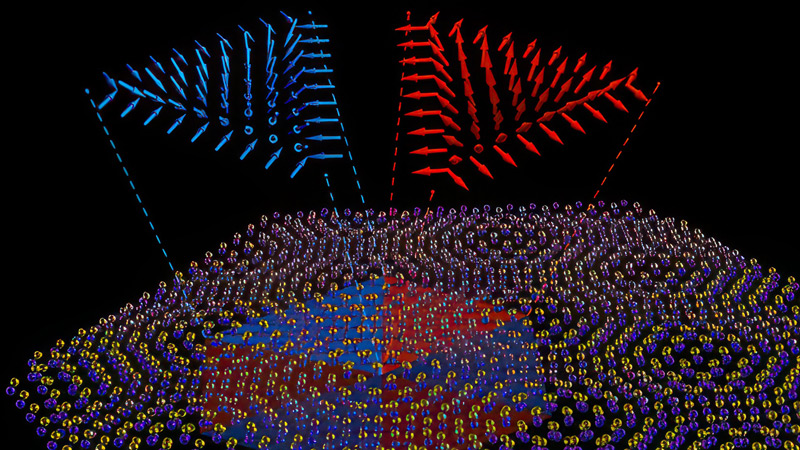Prof Nikolaos Nikiforakis
Biography
Nikos Nikiforakis studied Aeronautical Engineering at the University of Manchester. He received an MSc on Aerospace Propulsion and a PhD on the ‘Evolution of Detonation Waves’, (supervised by Professor J.F. Clarke FRS and Professor E.F. Toro OBE) from Cranfield Institute of Technology.
He was a Post-Doctoral Research Associate at the Department of Chemistry, University of Cambridge, where he worked on building computational models for the simulation of global atmospheric flows (stratospheric ozone depletion over Northern Latitudes), with Professor J.A. Pyle FRS. From 1996 he was at the Department of Applied Mathematics and Theoretical Physics, University of Cambridge, where he founded the Laboratory of Computational Dynamics (LCD).
Since 2008 he has been at the Cavendish Laboratory, where he is the Head of the Laboratory for Scientific Computing, the Director for Academic Programmes of the Centre for Scientific Computing, the Course Director of the MPhil in Scientific Computing and the Deputy Director of the EPSRC Centre for Doctoral Training in Computational Methods for Materials Science.
Nikos is the Director of The Gianna Angelopoulos Programme for Science Technology and Innovation and a Fellow, College Teaching Officer and Director of Studies in Mathematics at Selwyn College, Cambridge.
Research
Nikos’s research interests are on the development and application of numerical algorithms and High Performance Computing methods for the simultaneous solution of the complex systems of nonlinear partial differential equations for the direct numerical simulation of four states of matter (Computational Multiphysics).
Using these advanced numerical tools has enabled internationally leading research on topics of fundamental and applied physics, addressing multi-physics and multi-scale problems which were previously considered to be intractable.
This pure scientific knowledge has been successfully transferred into operational software for the benefit of industry and the economy, thus engaging several industrial partners from the UK and abroad.
Nikos has research collaborations with several industrial partners and government laboratories.
Return to People Directory
